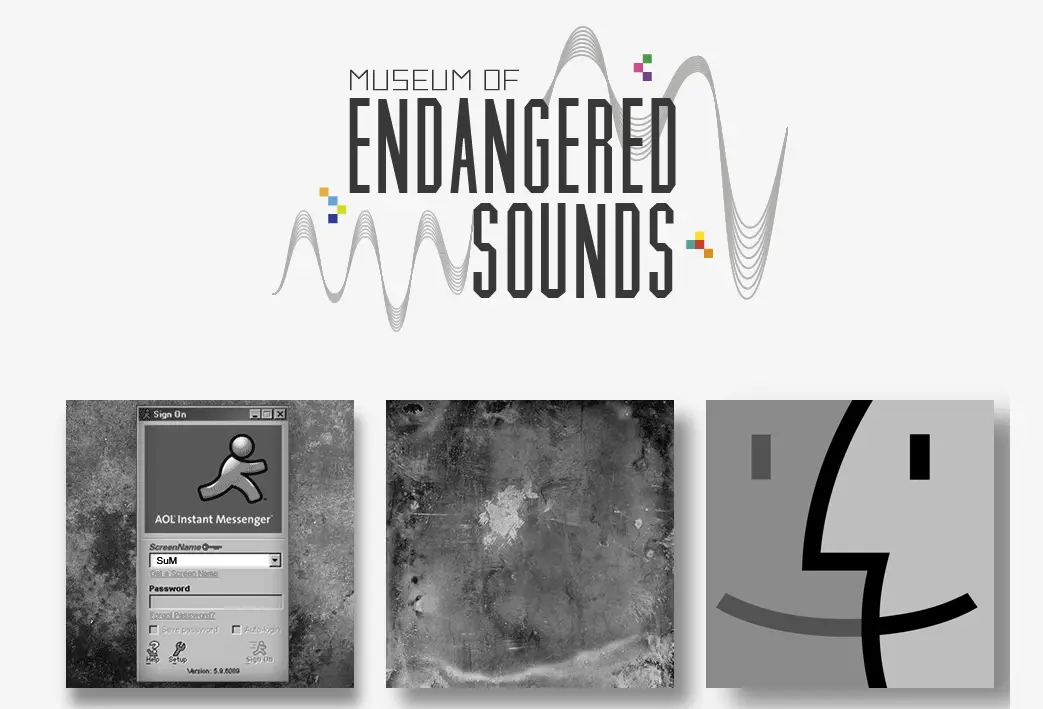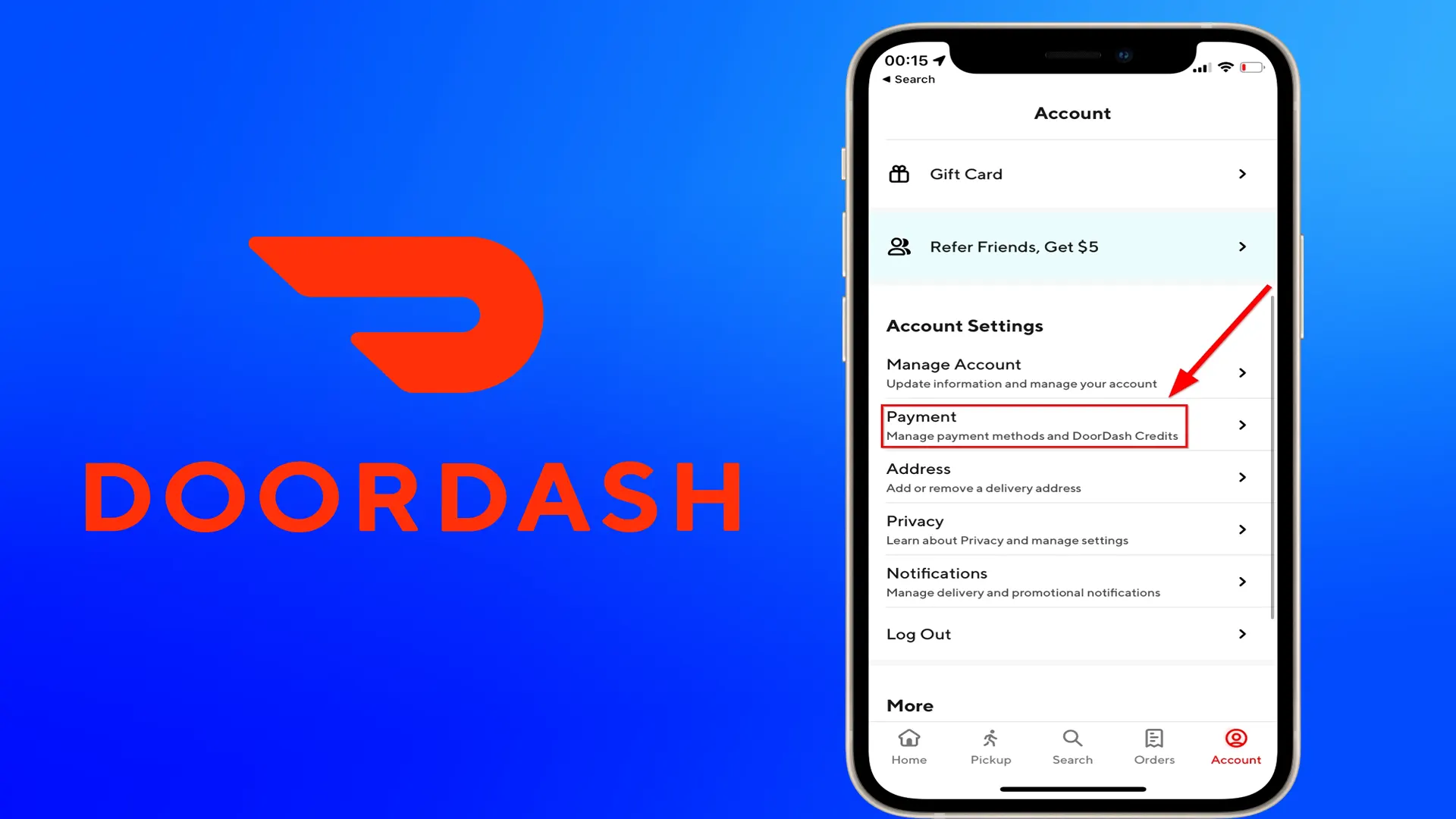One of the greatest inventions of mankind is the Internet. Since it became popular and available to everyone, people’s lives have changed dramatically. Even 20 years ago, no one could not think that you at any moment with your phone can talk to a friend via video chat that is in another part of the world. And all this is in real-time and of great quality. No wonder the Internet is very tightly integrated into people’s lives and today no one can imagine their life without access to the network.
It was at the moment when the Internet entered the life of a common person and we began to keep our data on the network and on our personal devices appeared hackers. These are computer criminals who can hack into your device and steal data or prevent you from working, this is what computer sabotage means in the global sense.
Why the Internet may be dangerous
As I said above, almost everything people do today is through the computer. We buy things online, order services, pay for subscriptions, and so on. Not surprisingly, your computer or smartphone stores a lot of information, and passwords, personal photos, videos, and much other personal information are automatically stored on your devices.
Of course, such a large amount of data could not be bypassed by various criminals. Nowadays one has to be especially careful when surfing the Internet because a lot of threats can wait for you anywhere, whether it’s an ordinary spam email or a malicious program. Sometimes even charging your phone at a charging station can be dangerous.
At some point, people were faced with having to come up with a name for threats to their computers. That’s how the term computer sabotage came about. It essentially means intentionally damaging your device. The reasons for this can be very different and usually have to do with an attempt to steal your data or, on the contrary, to erase some data that is important to you so that you lose access to it.
Read also:
- How to fix “Can’t take the screenshot due to security policy” on an Android device
- How to turn on two-factor authentication (2FA) in Telegram
- ‘Your computer’s trusted platform module has malfunctioned’ – how to fix
What are examples of computer sabotage
Examples of computer sabotage include any hacking or theft of your personal data. I believe that globally computer crimes can be divided into 3 big categories: Hacking and stealing control over your devices, Computer sabotage through malware, and Internet identity theft.
Hacking into your device implies that the attacker has access to it and can control the device. It can be a computer, a smartphone, a tablet, or even your car. Usually such hacks are done by direct contact with the device.
Computer sabotage using malware is also a kind of hack. It implies that you yourself install or download by mistake malicious files that will infect your system. Usually, they can break your PC or lock up your files and you have to pay a ransom to unlock them. Of course you should not pay anything to ransomware attackers, it’s better to go to a repair shop where specialists can try to decrypt your data on their own.
Internet scams are one of the simplest and most unpleasant types of digital crime. It means that your data can be stolen when you try to make a purchase or after sending you spam to which you will react. There is also a high probability that your personal data and access to various online accounts, such as access to Instagram or Facebook, will be stolen.
How to protect yourself from computer sabotage
If you don’t want to become a victim of computer sabotage, you should follow some simple rules when using your computer or smartphone. In fact, it’s not hard to protect yourself from unauthorized interference with your devices. All you need to do is keep an eye on where you go on your device and who you give it access to.
Antivirus software
The first thing you should take care to install a quality antivirus and firewall. These solutions can help protect you from most viruses and malware. There are dozens of different effective antivirus programs. Of course, you will most likely have to pay for a license to use an antivirus, but it’s an investment in your own security.
Use only reliable networks
If you often use public and open wifi networks, this can be a problem for your security. In that case, you should use a VPN service to encrypt your connection and make it harder for hackers to intercept it. You should also set a WPA2 password on all home networks to protect you from hacking into your home internet connection.
Don’t open Spam
You may often receive spam mails. These are usually advertisements asking you to buy things and are more annoying than really dangerous. Another thing is spam which promises you a big money reward or tells you to download some software you don’t need, usually they are quite dangerous and you should not react to them if you don’t want to lose your private data.
Don’t download anything from dubious sites.
I think everyone who surfs the web often can intuitively identify a questionable site. Usually this is a site with a bad design, where you are constantly advised to download something, there may be a lot of banners, accidentally clicking on which will start downloading a potentially dangerous file, you should not visit such sites and you absolutely don’t need to download anything from such resources.
What to do if someone hacked your device
If you have started having various bugs in your system, intrusive banners appear on top of your windows or your files have started getting blocked, and you found a document on your desktop that says ransom demand, it means that you have been hacked. In addition, you can understand that your account has been hacked if you notice unauthorized access to your account or if you start to lose money from your personal wallet. What should you do in this situation?
If you have gained access to your account, the first thing you should do is to change all the data from your profile and contact the technical support team, they may be able to help you. In any case, you’d better not use your account until you’re absolutely sure about its safety. Also you need to download all the data from the account you need, as there is a chance that it can be blocked and you will lose access to it.
Also, if your data has been stolen or blocked, you should contact the police, maybe with your help they can catch the cybercriminal and help you keep your data. In any case you should not pay any money to extortionists. It’s better to go to a computer repair shop and ask if they have any experts who can help you to decrypt your data.
If an intruder gains access to your PC, the best way is to disconnect it from the Internet, reset your home network settings, change all passwords and if you don’t have critical data, then reset your PC to factory defaults. This will help kick the hacker out of your device completely.
Read also:
- What to do if your Instagram account has been temporarily locked
- How to change the IP address on iPhonе
- Do you need to accept cookies
Is a computer sabotage a crime
Computer sabotage is considered a crime. There are even cases where hackers have gone to jail for stealing user data. In particular, sabotage will be considered a crime if the hacker demands a ransom for your data or puts your personal information in the public domain.
Unauthorized use and distribution of software would also be considered a crime. This means that if an intruder distributes paid software for free, he commits a crime and violates the copyright of the content owner.
In addition to this, some kind of spam is also considered a crime. For example, if in such emails you are threatened or extorted money, or if they distribute programs that steal your passwords or payment data. If you are faced with such a situation, you can contact the police.






